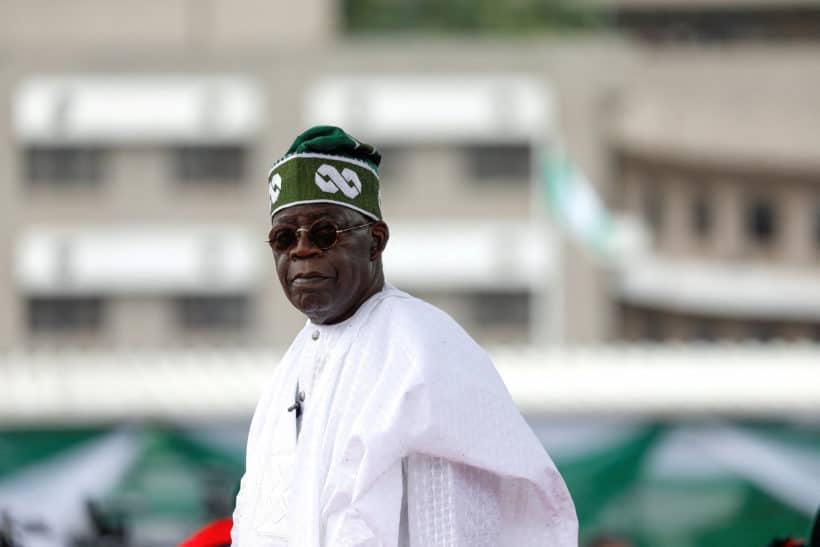
ABUJA, Oct 25 (Reuters) – Nigeria’s Supreme Court will rule on Thursday whether to uphold President Bola Tinubu’s disputed election victory, a court notice showed on Wednesday, after two of his main contenders challenged the decision of a lower court last month.
Atiku Abubakar of the People’s Democratic Party and Peter Obi of the Labour Party, who came second and third respectively in the February vote, allege that the election was marred by irregularities.
The Supreme Court is the highest court in Africa’s most populous nation, and its decision will be final.
No legal challenge to the outcome of a presidential election has succeeded in Nigeria, which returned to democracy in 1999 after three decades of almost uninterrupted military rule and has a history of electoral irregularities.
Abubakar and Obi on Monday asked the Supreme Court to quash a Sept. 6 tribunal decision upholding Tinubu’s win, in a last bid to overturn a result widely accepted by the international community.
The Supreme Court has 60 days to pass judgment on the tribunal ruling.
Lawyers for Atiku and Obi told the Supreme Court the tribunal erred when it declared that it was not mandatory for the electoral agency to electronically transmit results from polling stations even though it had promised to do this.
They also argued that Tinubu did not score 25% of the vote in the federal capital Abuja, which meant he did not meet the legal threshold to be declared winner.
Under Nigeria’s electoral law, a presidential candidate is deemed to have won if he or she gets no less than a quarter of the votes cast in at least two-thirds of all the 36 states and Abuja.
The provision has been interpreted differently by the opposition and Tinubu’s lawyers.
The opposition says a successful candidate should get 25% of the vote in three quarters of the states and the same in Abuja, while Tinubu argued that the 25% refers to the states and Abuja combined.
(Reporting by MacDonald Dzirutwe; Writing by Chijioke Ohuocha; Editing by Alexander Winning and Emelia Sithole-Matarise)

